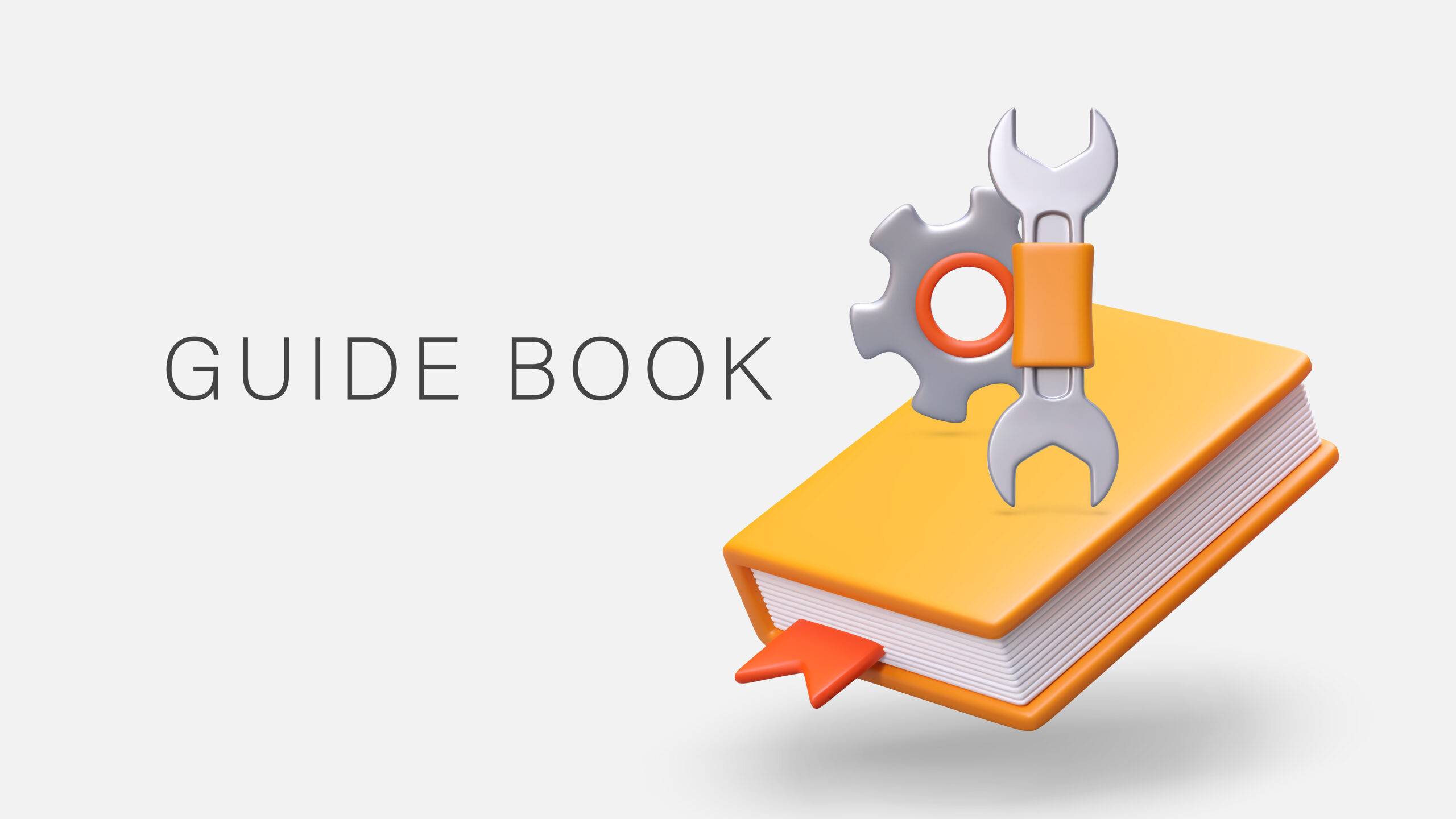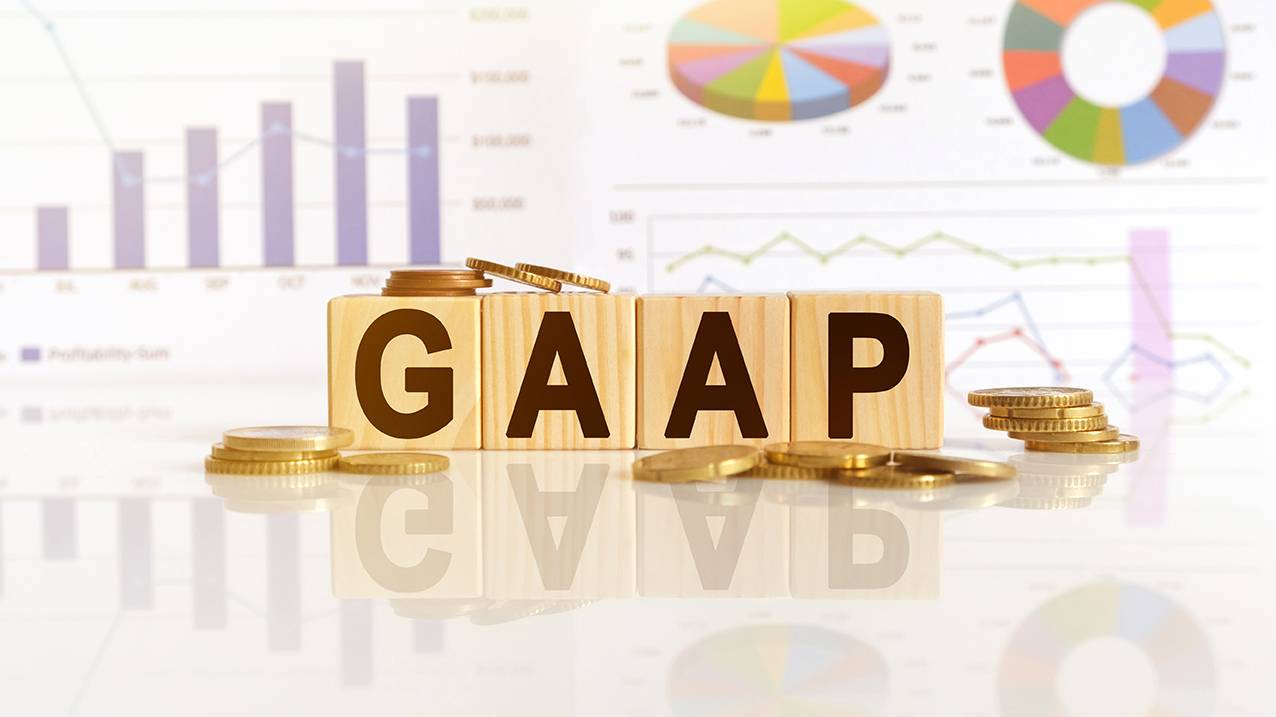Self-Study
The Lean Accounting Guidebook
Transform your accounting operation into an efficient, streamlined processes, creating a lean accounting system.

$364.00 – $404.00
Webcasts are available for viewing Monday – Saturday, 8am – 8pm ET.
Without FlexCast, you must start with enough time to finish. (1 Hr/Credit)
Please fill out the form below and we will reach out as soon as possible.
CPE Credits
14 Credits: Accounting
Course Level
Overview
Format
Self-Study
Course Description
Before this accounting CPE course, professionals in accounting departments may find themselves battling inefficiencies and outdated practices, struggling to keep up with the demands of modern business environments. The challenges of streamlining processes, from billing to payroll, and implementing effective lean principles can seem overwhelming. This can lead to a lack of agility and effectiveness in supporting business objectives.
After completing “The Lean Accounting Guidebook” course, participants will experience a significant transformation in their approach to accounting operations. The CPA lean accounting CPE course bridges the gap between traditional practices and lean, efficient processes. It provides a detailed roadmap for restructuring the accounting department, with practical tips for improving billing, collections, cost accounting, and more. Participants will learn how to accelerate the closing process, manage credit losses effectively, and increase inventory record accuracy. Armed with these insights and tools, they will be well-equipped to transform their accounting departments into models of efficiency and effectiveness, aligning with the highest standards of world-class organizations.
Learning Objectives
Upon successful completion of this course, participants will be able to:
Chapter 1
- Cite the tools used to create a lean accounting system.
Chapter 2
- Identify the techniques used to reduce billing problems.
Chapter 3
- Note the steps in the processing of cash receipts.
Chapter 4
- Cite the techniques used to streamline the processing of payables.
Chapter 5
- Note the methods available for creating a leaner payroll process flow.
Chapter 6
- Recognize the revisions used to accelerate the closing process.
Chapter 7
- Cite the types of protections available for mitigating credit losses.
Chapter 8
- Recognize the tools used to manage the collections function.
Chapter 9
- Note the methods used to increase inventory record accuracy.
Chapter 10
- State the types of traditional cost accounting reports, and the situations in which these reports can be used or avoided.
- Recognize the characteristics of lean production environments, pull systems, and bottleneck-focused systems.
- Note the situations in which work-in-process tracking is not required.
Chapter 11
- Cite the effects of interest capitalization and the capitalization limit on fixed asset recordation.
Chapter 12
- State the effects of an acquisition on the general ledger.
- Recognize the arguments favoring a reduction in the number of general ledger accounts.
Chapter 13
- Recognize the methods used to streamline and verify the budget model.
Chapter 14
- Note the techniques available for minimizing employee movement within the accounting department.
- Recognize the available solutions for minimizing record misfilings and locating missing records.
Chapter 15
- Identify the situations in which weak controls are acceptable.
- Cite the situations in which separation of duties is needed.
- Describe how the outlier analysis concept can be used.
- Recognize how controls can fail in special situations, such as during acquisitions, employee turnover, and rapid growth.
Course Specifics
1171190
October 25, 2023
There are no prerequisites.
None
288
Compliance Information
CMA Notice: Western CPE makes every attempt to maintain our CMA CPE library, to ensure a course meets your continuing education requirements please visit Insitute of Management Accountants (IMA)
CFP Notice: Not all courses that qualify for CFP® credit are registered by Western CPE. If a course does not have a CFP registration number in the compliance section, the continuing education will need to be individually reported with the CFP Board. For more information on the reporting process, required documentation, processing fee, etc., contact the CFP Board. CFP Professionals must take each course in it’s entirety, the CFP Board DOES NOT accept partial credits for courses.
Meet The Experts

Steven M. Bragg, CPA, is a full-time book and course author who has written more than 300 business books and courses. He provides Western CPE with self-study courses in the areas of accounting and finance, with an emphasis on the practical application of accounting standards and management techniques. A sampling of his courses include the The New Controller Guidebook, The GAAP Guidebook, Accountants’ Guidebook, and Closing the Books: An Accountant’s Guide. He also manages the Accounting Best Practices podcast. Steven has been the CFO or controller of both public and private companies and has been a consulting manager with Ernst & Young and …
Related Courses
-
 Accounting
Accounting
Accountants’ Guidebook
Steven M. Bragg, CPA QAS Self-Study
Credits: 30 $600.00
QAS Self-Study
Credits: 30 $600.00$600.00 – $640.00
-
 Accounting
Accounting
Accounting Fraud: Recent Cases
Joseph Helstrom, CPA QAS Self-Study
Credits: 1 $29.00
QAS Self-Study
Credits: 1 $29.00$29.00 – $49.00
-
 Accounting
Accounting
GAAP Guidebook
Steven M. Bragg, CPA QAS Self-Study
Credits: 29 $580.00
QAS Self-Study
Credits: 29 $580.00$580.00 – $620.00
